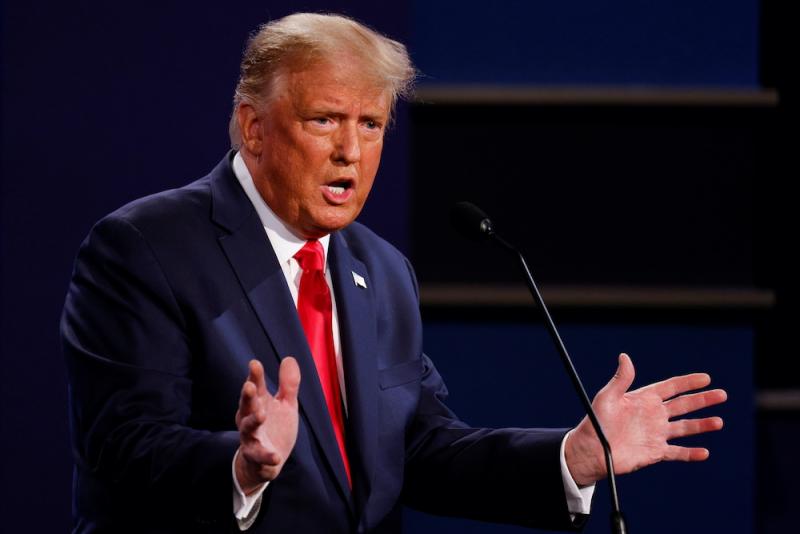Our national politics revolve around the concerns of middle class and wealthy Americans. Each presidential election cycle, issues that impact people in poverty rarely get attention from candidates and their campaigns and are often overlooked in debates and town hall forums, which prefer to focus on so-called “middle class” and “kitchen table” economic issues. But as people of faith, and as followers of Jesus, we are told to hold priority for people in poverty and those who are suffering from hunger. To that end, the Circle of Protection has asked presidential candidates since 2012 to submit videos that talk about what they would do, if elected, to address hunger, poverty, and racial inequity in the United States and globally.
In 2012, both President Barack Obama and Republican nominee Mitt Romney provided videos. In 2016, nearly all of the primary election candidates made videos, including Secretary Hillary Clinton. Clinton and Donald Trump also provided statements to the Circle of Protection during the 2016 general election. In the 2020 election cycle, most of the Democratic primary candidates provided videos, including Vice President Joe Biden. The Christian leaders in the Circle of Protection have asked for a video and/or statement on poverty policy from President Trump, but his campaign has not responded to repeated requests.
Biden’s statement, pulled from his address to a Poor People's Campaign event, includes proposals for good jobs for low-wage workers, an increase in the minimum wage, investments in infrastructure — including in communities of color and low-income neighborhoods — bolstering safety-net programs, access to sick leave and affordable health care, expanding education opportunities for all, and investing in universal preschool. And he promises to work quickly to address both the health and economic impacts of the COVID-19 pandemic.
In the video, Biden connects his policies to his faith — saying that we are all created in the image of God and have a right to live in dignity.
“If I am president, ending poverty will not just be an aspiration, it will be a theory of change — to build a new economy that includes everyone, where we reward hard work, we care for the most vulnerable among us, we release the potential of all our children, and protect the planet,” Biden says.
Watch Biden's full statement below.
President Trump has not responded to requests for a statement.
2020-10-23t014335z_2_lynxmpeg9m02z_rtroptp_4_usa-election-debate.jpg

Getting the candidates on record about what they will do to address issues of poverty is a starting point. From there, people of faith need to hold them accountable to deliver on their promises. In 2008, then-candidate Barack Obama committed to cut poverty in half over 10 years if elected president. While the financial crisis made delivering on that goal nearly impossible, the new Obama administration failed to speak publicly about the commitment.
For Biden, accountability means ensuring that his promises are implemented and have a positive impact should he become president. For Trump, we still need to make the case that these issues deserve his time and attention — and that he needs to let the nearly 140 million Americans who are in poverty or have virtually no savings know what he will do to help them, their families, and their communities thrive.
Politicians in Washington pay attention when you represent large numbers of people or large amounts of money. The Circle of Protection doesn’t have the latter, but what they lack in money, they make up for in people. The Circle of Protection, co-convened by Sojourners, is an unprecedented group of Christian leaders from the main families of U.S. Christianity – Catholic, evangelical Protestant, ecumenical Protestant, the Historic African American churches, and Latino churches. It represents tens of millions of Americans. A group as diverse as this is only possible through the united belief that our country’s policies should reflect Jesus’ teaching in Matthew 25 about how we should treat and care for people who are hungry, homeless, imprisoned, etc., is a test of our faith and a reflection of how we treat Jesus.
Got something to say about what you're reading? We value your feedback!







